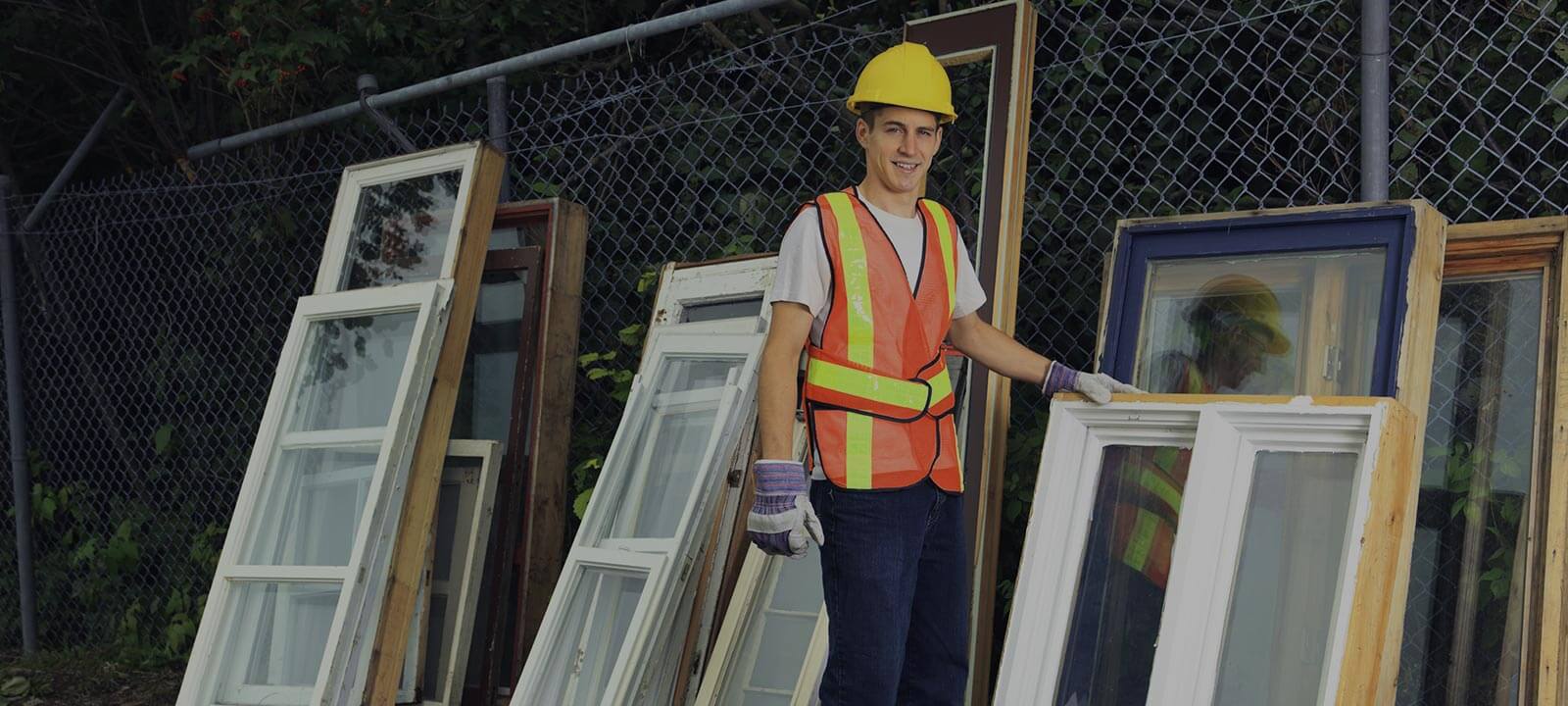Easy-Peasy TV Disposal
Posted on 06/08/2024
Understanding TV Disposal: Why It Matters
Disposing of a TV isn't as simple as throwing it away with your regular trash. Televisions contain hazardous materials such as lead, mercury, and other toxic chemicals. Improper disposal can harm the environment, contaminating the soil and waterways, and pose health risks to humans and animals. Thus, it's crucial to ensure that you dispose of your TV responsibly.

Legal Regulations and Guidelines
Before proceeding with TV disposal, it's essential to understand your local laws and regulations. Many municipalities have specific guidelines for electronic waste (e-waste), including televisions. Some areas have designated drop-off locations, recycling centers, or special collection events for e-waste. Failing to adhere to these regulations can result in fines or penalties.
Easy-Peasy Methods for TV Disposal
1. Recycling Centers: Many communities have recycling centers specifically for electronic waste. These centers are equipped to handle hazardous materials found in TVs and other electronics. Simply drop off your TV at a certified e-waste recycling center where it will be appropriately dismantled and recycled.
2. Retailer Take-Back Programs: Some electronic retailers offer take-back programs where they accept old TVs for recycling when you purchase a new one. This is a convenient option, as you can dispose of your old TV and get a new one in the same trip.
3. Community Recycling Events: Check for local community events dedicated to e-waste collection. These events are typically free and provide a safe way to dispose of your old electronics, including TVs.
4. Bulk Trash Collection: Some waste management services offer bulk trash collection for large items, including TVs. Contact your local waste management company to schedule a pickup. Keep in mind that there might be fees associated with this service.
Donating Your Old TV
If your TV is still in working condition, consider donating it. Many charities, schools, and non-profit organizations accept used electronics. Donating not only extends the life of the TV but also benefits someone in need.
Pros and Cons of Different Disposal Methods
Pros:
- Recycling Centers: Environmentally friendly, ensures proper handling of hazardous materials.
- Retailer Take-Back Programs: Convenient, often free, supports responsible recycling practices.
- Community Events: Accessible, often free, raises community awareness about e-waste.
- Bulk Trash Collection: Convenient for large items, offers scheduled pickups.
- Donations: Extends the life of the TV, benefits those in need.
Cons:
- Recycling Centers: May require transportation of your TV to the site.
- Retailer Take-Back Programs: Often limited to specific brands or purchases.
- Community Events: Held infrequently, may have volume limits.
- Bulk Trash Collection: May incur additional fees, requires scheduling.
- Donations: Requires the TV to be in working condition.
Tips for Easy-Peasy TV Disposal
1. Plan Ahead: Research local regulations and disposal options before your TV reaches the end of its life.
2. Check for Fees: Some recycling services may charge fees. Be sure to ask about any costs involved.
3. Protect Your Data: If your TV is a smart TV, ensure that you reset it to factory settings to remove all personal data.
4. Transport Safely: Handle your TV carefully during transportation to avoid breaking the screen or releasing hazardous materials.

Takeaways
Disposing of a TV responsibly is critical for environmental and public health. Multiple methods--ranging from recycling centers and retailer take-back programs to donations--offer convenient and ethical solutions. Understand the pros and cons of each method to make an informed decision that suits your needs and local regulations.
Conclusion
Easy-peasy TV disposal is achievable with a bit of knowledge and planning. By exploring recycling, take-back programs, community events, and even donation options, you can ensure that your old TV is disposed of responsibly, safeguarding both the environment and the community. Always check local guidelines, manage any associated fees, and take necessary precautions to protect your personal data. Whether your TV is broken or just outdated, there's a responsible disposal method for every situation.
By taking these steps and encouraging others to do the same, we can collectively reduce the harmful impact of e-waste and promote a healthier planet.










